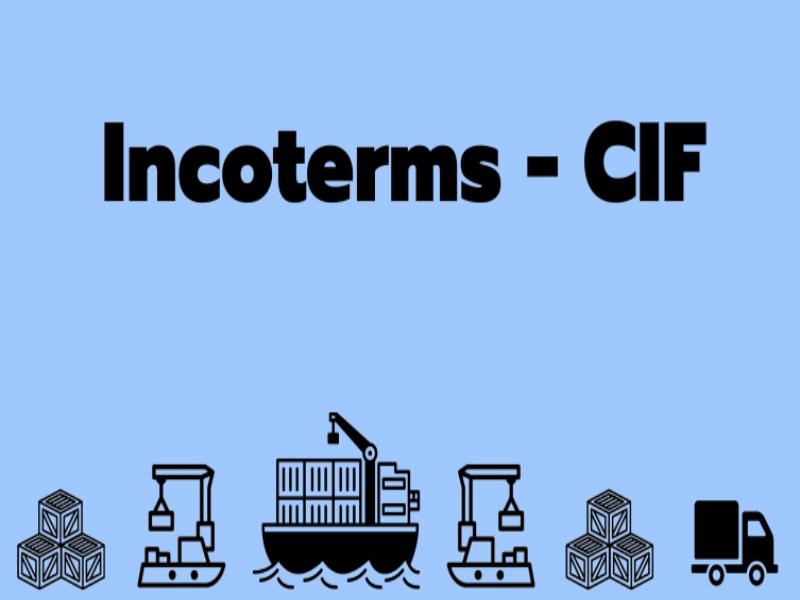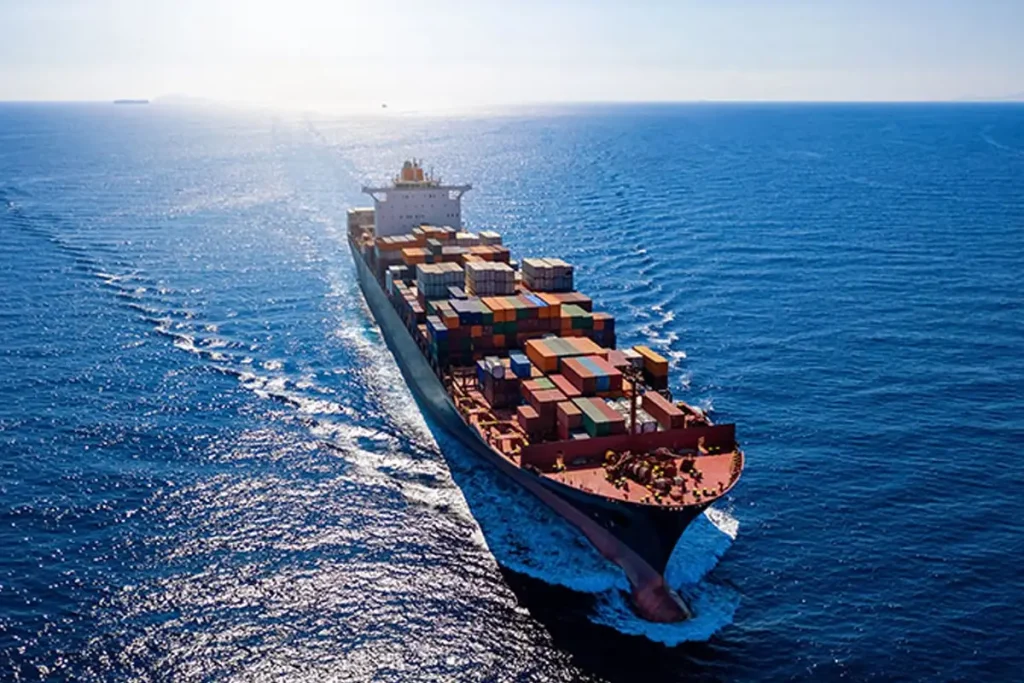What is the CIF Rule in International Trade?
CIF stands for Cost, Insurance, and Freight — one of the most common Incoterms used in global trade. Under the CIF rule, the seller is responsible for covering the cost of transporting goods, obtaining insurance, and paying freight charges to bring the goods to the destination port.
Once the goods are loaded onto the ship, the risk transfers from the seller to the buyer, but the seller must still pay for transportation and insurance until the goods arrive at the port. This rule is mainly used for sea and inland waterway transport and ensures the buyer receives the goods safely with minimal logistical burden.

Under the CIF term, the seller must:
-
Cover the costs of goods and export documentation
-
Arrange and pay for insurance coverage
-
Pay the freight to the destination port
The buyer is responsible for:
-
Import duties and customs clearance
-
Inland transportation after the goods arrive
-
Any additional insurance beyond what the seller provides

CIF is particularly useful when the buyer wants the seller to handle shipping and insurance formalities. However, buyers should note that the seller’s insurance might offer limited coverage, so purchasing extra protection is often recommended.
